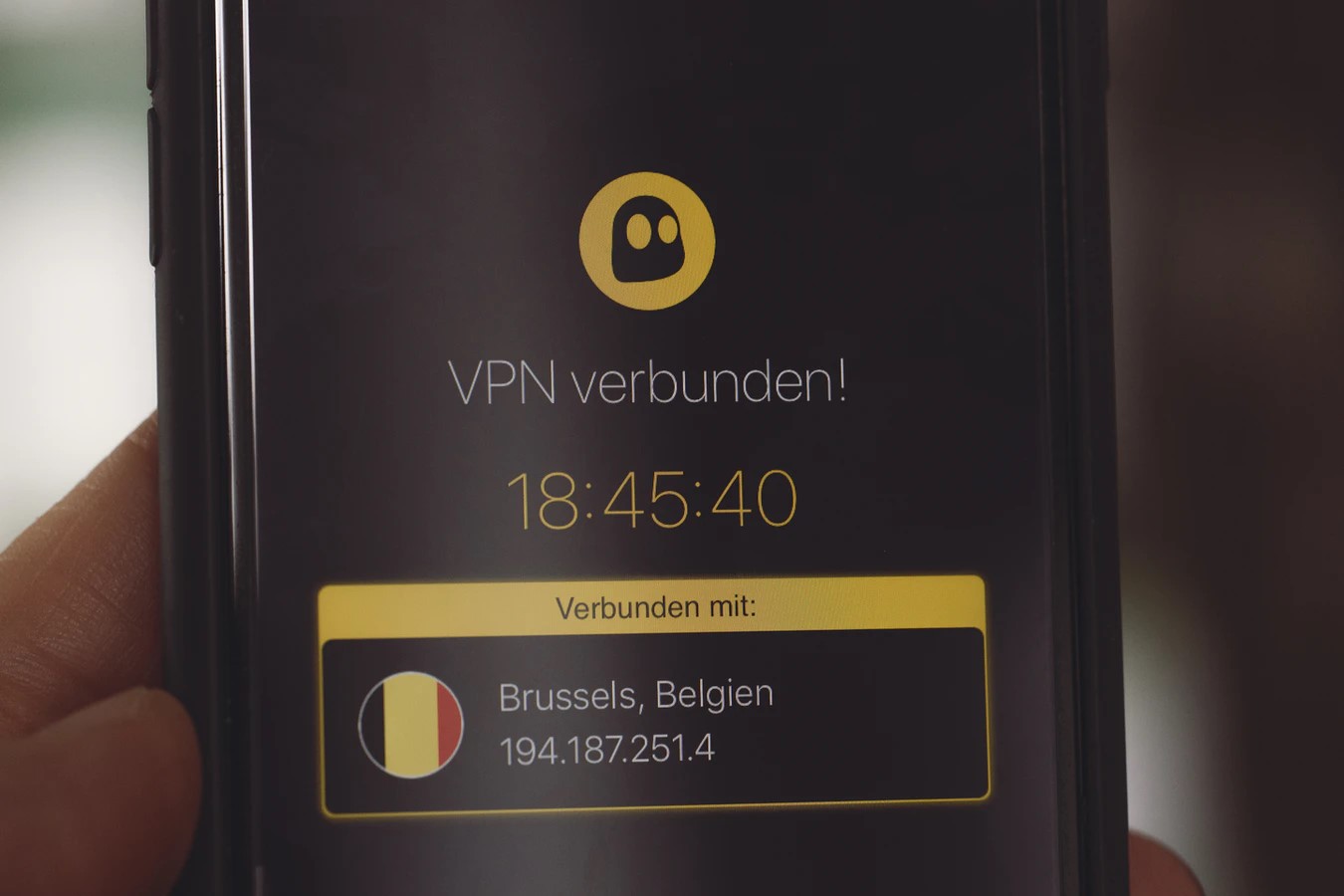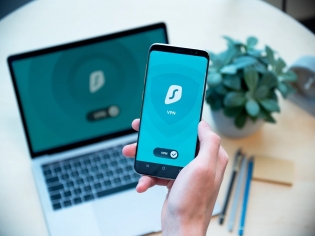Today, most web activity is done through our mobile devices, may it be smartphones, tablets or convertible laptops. And with the high dependence on mobile devices, and most of our lives going online, comes the rise of malicious attacks. Identity theft, hacking, and fraud are just some of the dangers that can occur to anyone who is not careful. To keep your mobile web activity safe, here are some points to consider.
Passwords
Your first defense in any website or application that requires authentication is a password. You may want to keep your passwords the same across all the apps you use or reuse your passwords to make it simpler to remember, but this makes it easier for hackers to get into your online accounts. Unique passwords for every login requirement is suggested aside from the standard requirements of making strong keys.
VPNs
It's often the case that we connect to public Wi-Fi to access online accounts. Public networks are more vulnerable, and using virtual private networks (VPN) could be the best solution. Using VPNs will provide the user with a more secure connection by encrypting the data being exchanged over the Internet. Various VPN services offer discounts for annual subscriptions, so deciding on a 3 years package of NordVPN or any other preferable VPN service might be a good idea. VPNs not only keep your online data secure, but they also provide access to streaming services and can make torrent downloading a breeze.


Secure Browsers
Aside from having a reliable and fast VPN, you can also improve your online protection by securing your browsers. A straightforward way is to clear out browser cache to unload cookies and browser history. By doing so, networks and hackers will have little information about you. Another method is to utilise Hypertext Transfer Protocol Secure (HTTPS) over the HTTP option as the former has another layer of protection for the secure communication between the browser and a server.
Passcodes
Passcode locks are often offered by applications that are accessed in a smartphone or tablet. It is recommended to use passcode as a more complex code can be created rather than the standard 4-digit pin. Biometric locks are also urged with the combination with a passcode.
Safe credit card options
Virtual cards or credit cards that are utilised mainly for e-Commerce are better options to ensure the security of your online purchase. There are also options for getting disposable credit card numbers which you can use per transaction. You still have one credit card account, but a system can assign a unique credit card number which you can use for one transaction. This way your credit card number will not be exposed. A word of caution, even if you have a VPN, some services leak IP addresses and other data. So it's imperative to read and research!
It is always vital to remember that our web activity can be prone to hacking and other malicious activities. Having an antivirus and a secure computer system is an essential move but should be updated with the tips mentioned above. Strong passwords and passcodes should be chosen, which should not be the same across all apps. VPNs also provide a safer connection over the Internet. Your browser activity can also be made safer with the use of https and regular cleaning of the cache. Finally, online purchases can be made more secure with virtual cards and reusable credit card numbers. Remember that you can secure your online presence with technology and the available security tools. Still, it is essential to be aware of threats and be resilient about it.








